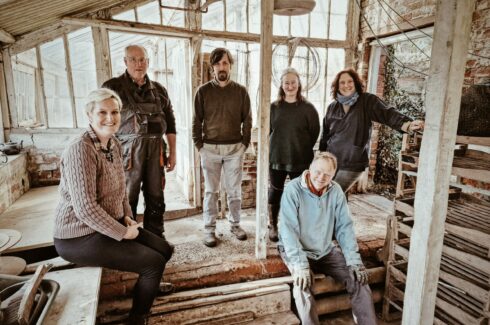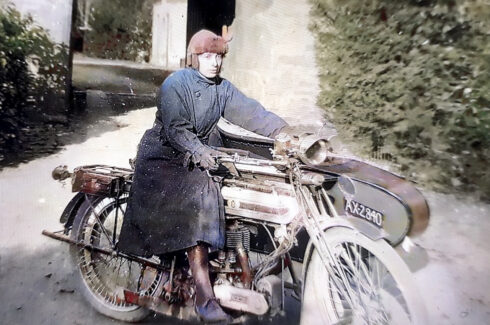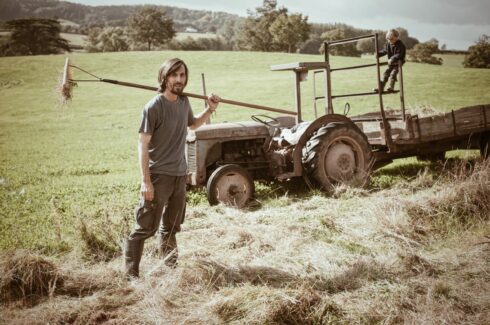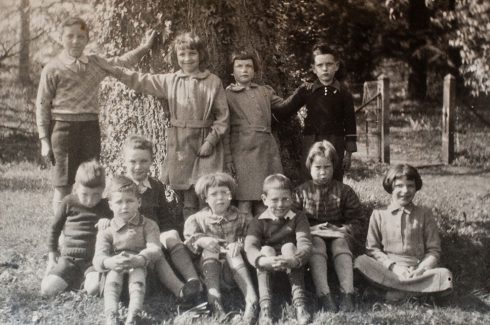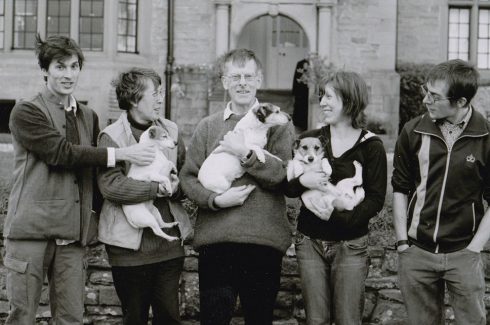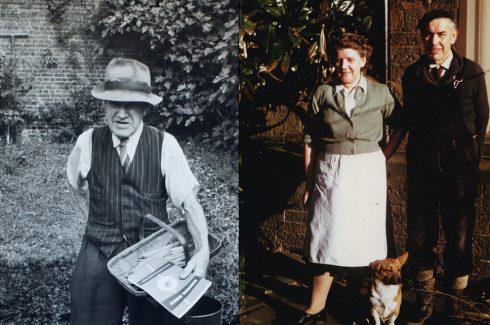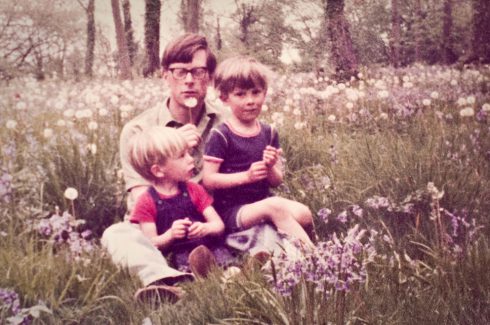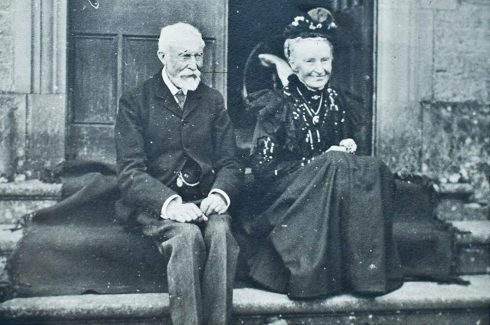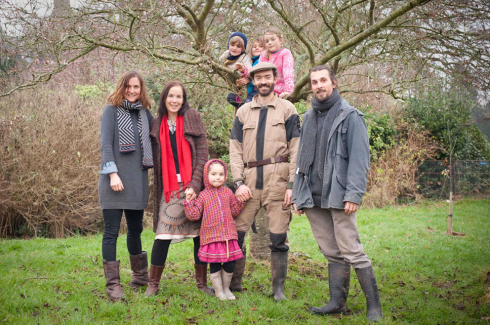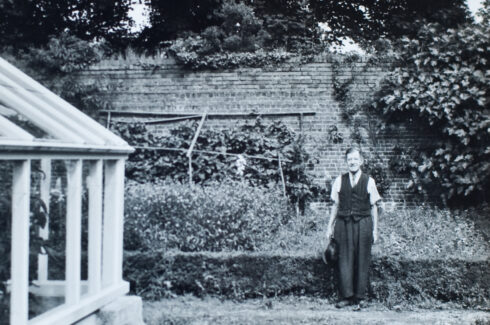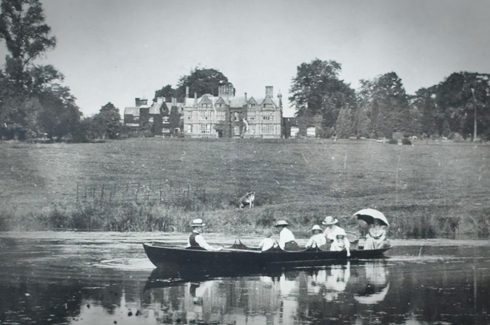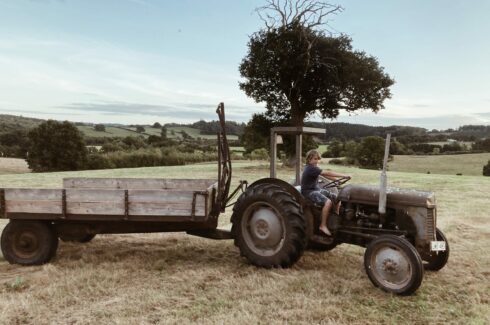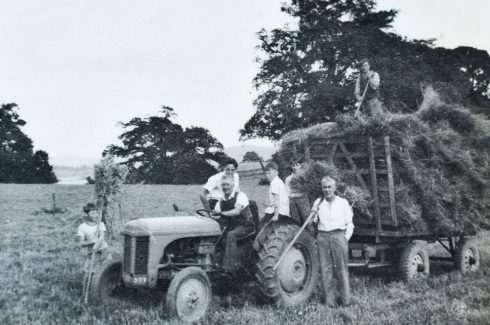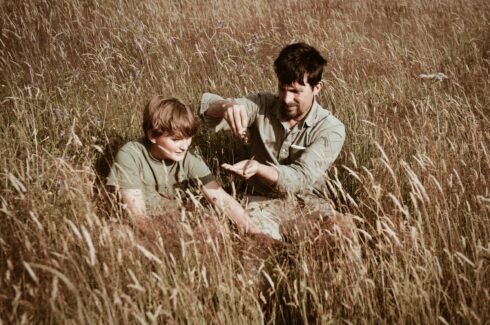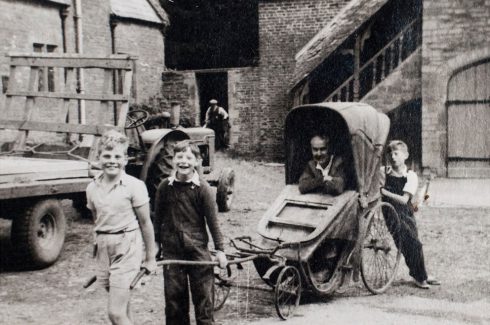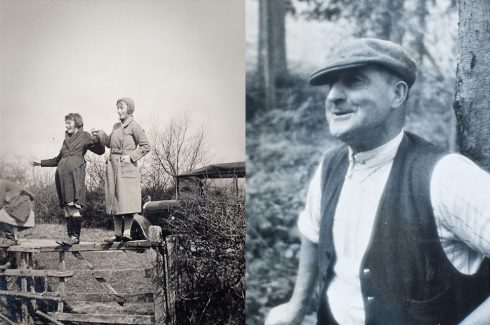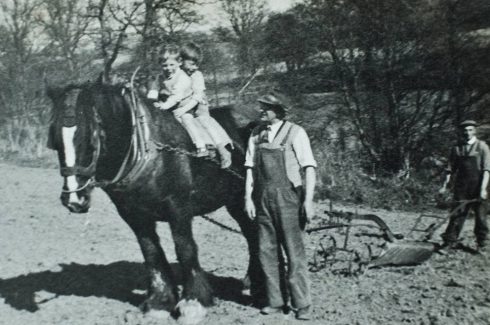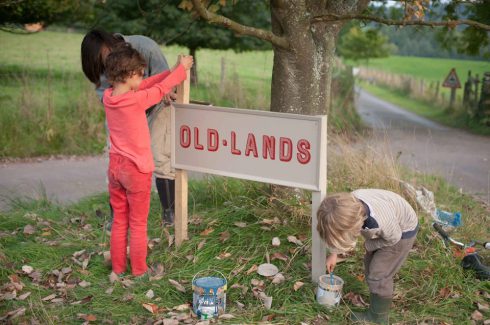Those who call & have called Old-Lands home
the old-lands story
Old-Lands is an old family estate in Monmouthshire run on traditionally green principles – slow to change and careful of consequences – that has been in the Bosanquet family for 200 years. Three generations now live and work in and around the estate. As Huguenots, the family fled persecution in France, and are a consistently modest, thrifty family; the big house host to temperance meetings rather than hunt balls. While they have no intention of winding back the clock, the family comes from a long line of ecologists and naturalists whose experience taught them that, in the natural world, slow is beautiful. The main house, a handsome building in red marly sandstone, was much altered by the Victorian generation to provide for a large family and staff, making change inevitable. The pattern for modernisation was set by a frugal postwar generation who separated the two wings from the main house for other families to live in and kept the house and estate in good repair. They installed solar water heating in the 70s, planted a walled garden to keep the household self-sufficient in vegetables and fruit, kept bees to pollinate the orchard and make honey, and had chickens to recycle leftovers and lay eggs.
Responsibility for the estate and its future has passed to Sam, an ecologist, at a time of hard choices and decisions as to how an estate should exist in this century. Neither able nor willing to manage the estate as a profit-maximising enterprise, the lands have to produce enough to pay the costs of management and provide a living for those engaged in what we see as a partnership rather than as a landlord and tenant. Lady B ( pictured on the motorbike ) was at the helm for 45 years and followed the practices of Newman Turner, an early pioneer in the regenerative farming movement. Carrying on where she left off, the land is being managed so that it reverts back to flower-rich meadows, thus supporting the biodiversity that depends on an open farmed landscape. The aim is to ensure that future generations benefit from their good husbandry – just as those at Old-Lands have benefited from the careful stewardship of previous generations – by slowing down the way they farm and looking for ways to put back more than they take out.

